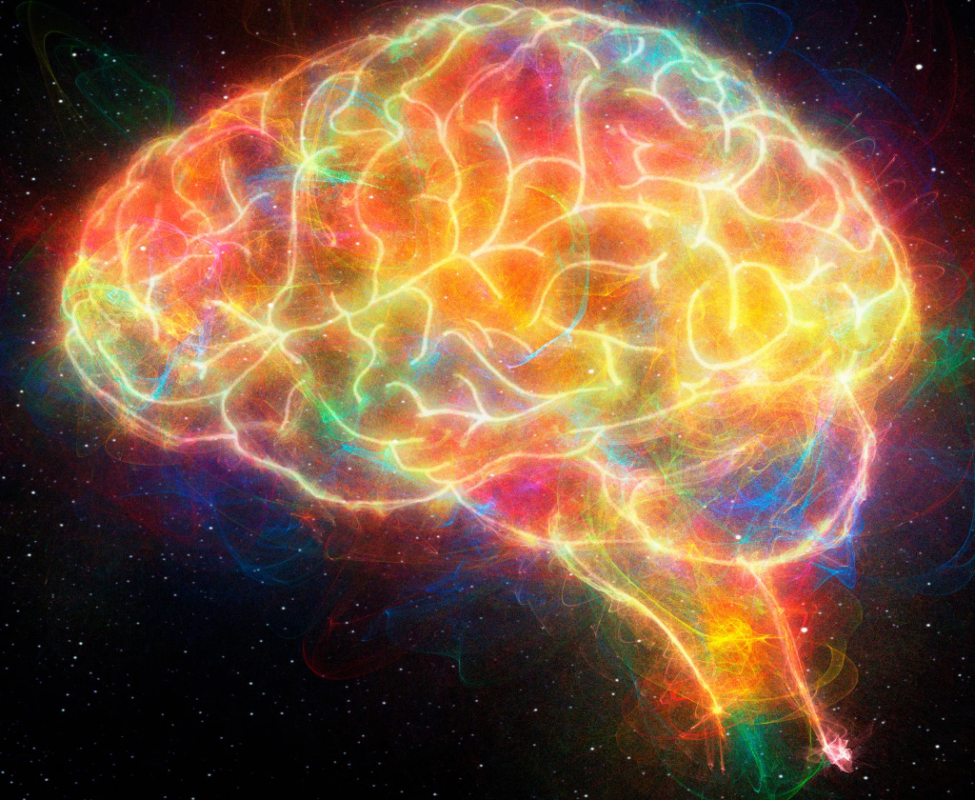April is World Autism Month, a time to celebrate neurodiversity, honor the lived experiences of autistic individuals, and foster understanding and acceptance.

To support this, I am sharing some common, harmful myths about autism and the corresponding truths.
Myth 1: Autistic people don’t have emotions.
Reality: Autistic people feel a full range of emotions—often deeply and intensely. Emotional expression may differ from neurotypical norms, but that doesn’t mean it’s absent or lacking. Every emotional experience is valid, and autistic expressions of care, joy, frustration, love, and more may just take a different shape.
Myth 2: Autistic people don’t want friendships or connection.
Reality: Many autistic individuals seek connection, but may prefer different ways of socializing or communicating. Building relationships based on mutual interests and understanding creates space for genuine, meaningful connections.
Myth 3: All autistic people have intellectual disabilities.
Reality: Autism exists across all intellectual and cognitive profiles. Autistic individuals have a wide range of cognitive strengths and challenges—just like everyone else. It’s important to see and support each person’s unique abilities, rather than making assumptions based on a diagnosis.
Myth 4: Autism is always obvious or easy to diagnose.
Reality: Autism presents differently in each person. Especially among individuals assigned female at birth, signs may be subtle or masked, delaying diagnosis. Regardless of when autism is recognized, each person’s identity deserves recognition and respect.
Myth 5: Autism is something that can be “cured.”
Reality: Autism is a unique brain style that shapes how individuals see and experience the world. It does NOT need to be “cured.” What matters is creating spaces where autistic individuals can flourish and contribute their unique perspectives.
By challenging these myths, we make space for more accurate understanding and respectful representation. Autism is a part of human diversity, and recognizing that helps create a more inclusive world.

Download the Faces of Health app!
This app offers valuable mental health and well-being resources. Download it today from the App Store or the Google Play Store!
For a limited time, I am offering a Buy One, Get One Free promotion on my online courses:

Empowerment Through Understanding: Adult ADHD and Autism Modules
Dive deeper into ADHD and Autism with this online course to improve self-awareness, self-advocacy, and personal growth. Learn more here.
AND

Beat Stress Using Neuroscience and Mindfulness Masterclass
Master your mind and body health through neuroscience-based mindfulness and stress management skills. Learn more here.
Don’t miss out on this limited-time opportunity!
